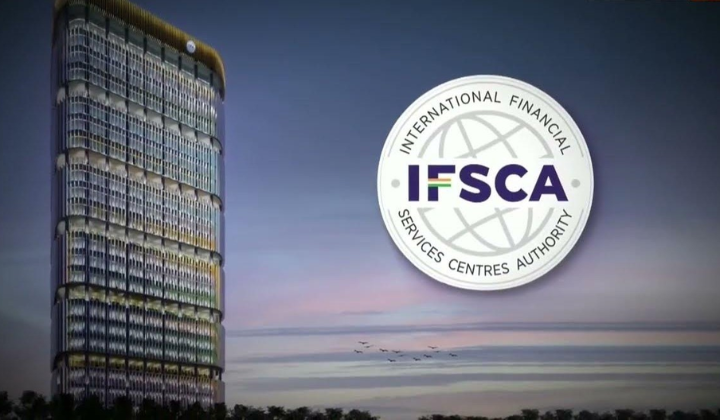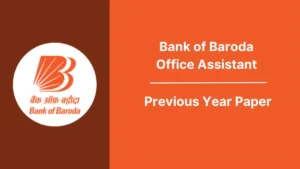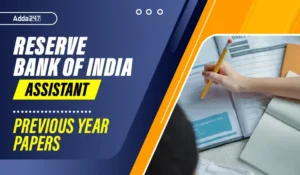The IFSCA Grade A Exam is fast approaching, with the date set for 11 October 2025. With only a short time left, aspirants must focus on sharpening both their concepts and exam-taking skills. A proven way to do this is by solving IFSCA Previous Year Papers, as they help you understand the real exam pattern and improve accuracy under timed conditions.
IFSCA Grade A Previous Year Question Paper
Practicing IFSCA Grade A Previous Year Papers gives candidates a realistic idea of what to expect in the exam. These papers provide insight into the question trends, the weightage of different sections, and the difficulty level. They also help aspirants build speed, improve accuracy, and develop an effective exam-day strategy for better performance.
Also Read, IFSCA Grade A Phase 2 Result 2025-26
IFSCA Grade A Previous Year Question Papers PDF
Aspirants aiming for the IFSCA Grade A Exam 2025 can greatly benefit from solving previous year question papers. These papers, soon to be available in PDF format, are an excellent resource to practice under real exam-like conditions. Working through them allows you to get familiar with the exam pattern, analyze the type of questions asked, and sharpen your command over important topics while improving accuracy and confidence.
| Exam | |
| IFSCA Grade A Phase 1 Previous Year Sample Paper | Download Now |
| IFSCA Grade A Phase 2 Previous Year Question Paper | Download Now |
Why Practice PFRDA Grade A Previous Year Papers Regularly?
Cracking the PFRDA Grade A Exam is not only about studying the concepts but also about practicing in a strategic manner. Previous year papers play a crucial role in preparation as they replicate the actual exam environment and help aspirants refine their approach.
Major Advantages:
- Clear Understanding of Exam Format – Get a hands-on idea of the exam structure, section-wise weightage, and marking style.
- Awareness of Important Topics – Identify recurring question areas and concentrate on the sections that carry higher importance.
- Better Time Utilization – Learn to pace yourself effectively and attempt maximum questions within the time limit.
- Enhanced Accuracy and Speed – Regular practice helps reduce errors and boosts problem-solving efficiency.
- Self-Evaluation – Assess your preparation level, highlight weak spots, and strengthen them before the exam.
- Confidence Booster – Attempting these papers in a timed setting prepares you mentally for the actual test day.




 NICL Assistant Previous Year Question Pa...
NICL Assistant Previous Year Question Pa...
 Bank of Baroda Office Assistant Previous...
Bank of Baroda Office Assistant Previous...
 RBI Assistant Previous Year Papers With ...
RBI Assistant Previous Year Papers With ...









